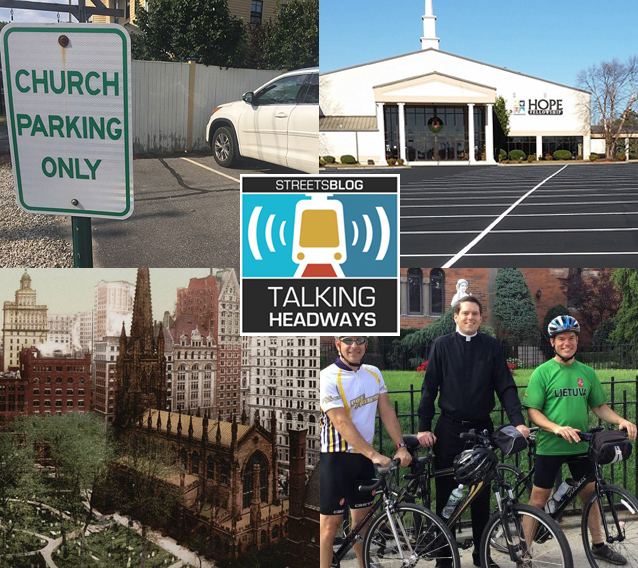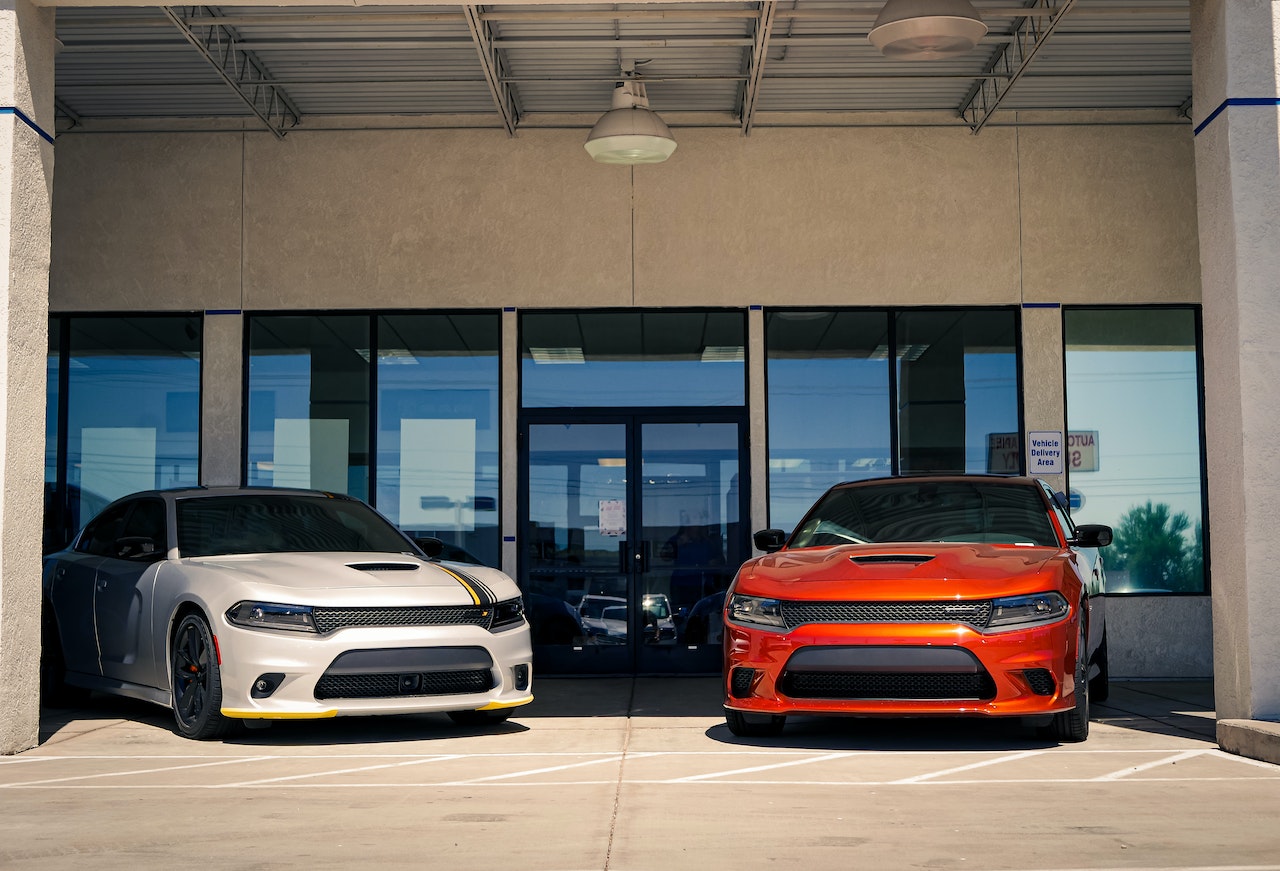We chat with Travis Norvell, minister at Judson Memorial Baptist Church in Minneapolis and author of "Church on the Move," about the future of church parking lots and how cars have changed communities.
For those of you who get your news through your eyes and not your ears, there’s an edited transcript below the audio player. For an unedited transcript, click here.
Jeff Wood: It’s interesting to think about how the local neighborhood church has evolved over time. Many years ago, I imagine when people started going to church every Sunday, every Saturday, they would be in a neighborhood. There were no cars, obviously, at that point; there were churches everywhere. At the time of this automobility increase, it seems like some of the churches changed because of the ability to get to places by car, and the suburbanization of churches and all those things. I’m interested in that history a little bit. And it was fun to read about in the book.
Travis Norvell: The car really changed the nature of the church. I don’t think the church was really paying attention to it; all they saw was the benefit —wasn't really think about the loss of what happened. So, for 1,900 years, the church survived and flourished without a car, and then ...what I think happened, the main loss was, the church had become the neighborhood, so that originally all [were] neighborhood churches. Then, all of a sudden, they become these destination places where people from outside the community can drive their car in from the suburbs and come to this neighborhood church and then go back to their suburban homes and not really have any interaction with the neighborhood that they inhabit. I think that’s a big loss for churches.
I think for any community, it’s not just churches [that are] in this situation. If you look at the 1950s, churches thrive during that time. We have pictures of Judson Church with 700 people sitting down in the pews for a regular Sunday. But it was just one little slice of time. And I think that the de-neighboring impact really comes out in negative ways now where, 50 years removed from that and realizing that you don’t even know who your neighbors are and you wonder why churches are having a hard time reconnecting with people and establishing relationships. I think the car has done that to us in a micro way, in a macro way.
Wood: You know your neighborhood though, you’re out and about. You’re going to the local hangouts and talking with folks and walking a lot. How much has that impacted how you interact with the community?
Norvell: Oh, it’s changed everything about it. You know what I mean? I got a new standard I’m trying to use. ... I’m judging if I have a good week or a bad week by how many new dogs I meet. I think it’s a pretty good way of doing it. There’s some people in the neighborhood right now [who] I don’t know. There’s this one dog and owner named Barton and Buddy. And I don’t know who’s Barton, who’s Buddy. I just know them together. So, I just always say them together, but yeah, eating the neighborhood has changed everything. Paul Tillich once said that the culture asks questions and the church answers them. I think that’s a very privileged place to be. I don’t think the church has any business answering those kinds of questions. But, I say this: I think one of the problems has been the church is trying to answer questions that no one’s asking.
Part of that is because you’re not in the neighborhood. You don’t know the people around you, and you don’t really know what’s going on. So, part of the things I tried to do was just when you’re out biking, walking, taking the bus — I mean, you learn so much more about the neighborhood. You learn what’s on people’s hearts and minds, and you can respond to that. Like, just a couple of days ago, I went to a Twins game and I rode the bus home from the Twins game back to the house. A group of guys got on that were kind of rough looking, honestly. It was kind of people you didn’t want to make too much eye contact with, but I was just sitting there listening to them and their conversations, and they were talking about their brother that they needed to stop by and check on to make sure he was okay. There was another guy calling his kid to make sure that he had macaroni and cheese to eat for dinner that night.
I think that part of the thing about the car is it separates you from humanity and you don’t get those kinds of interactions, but when you’re on the bus, when you’re walking, when you’re, when you’re on your bike, you see people at a human speed and that a human level, and you’re really able to engage and hear them in a more authentic way.






